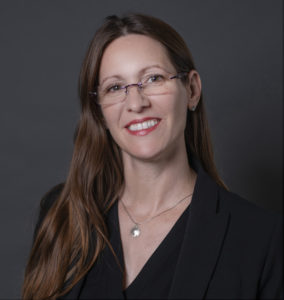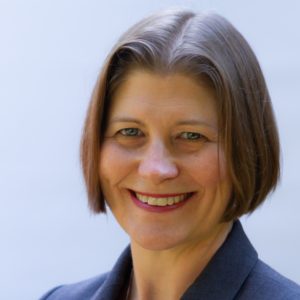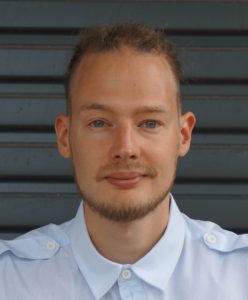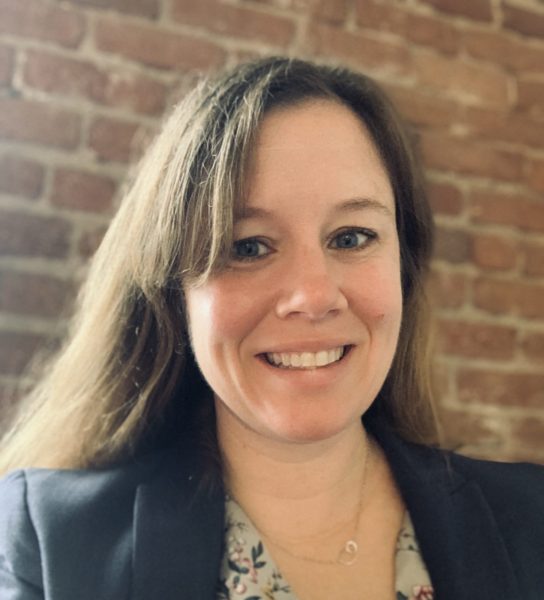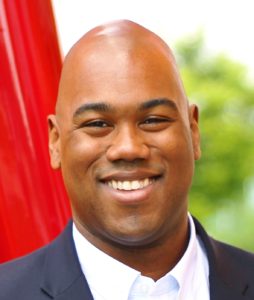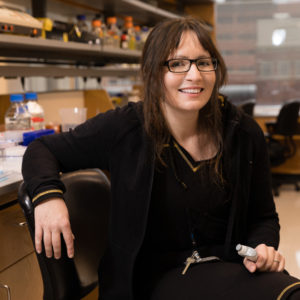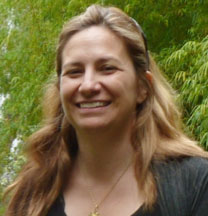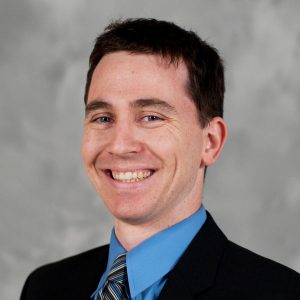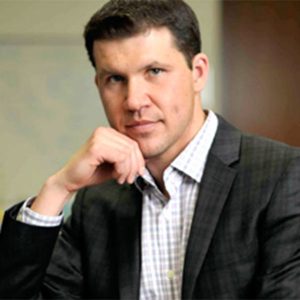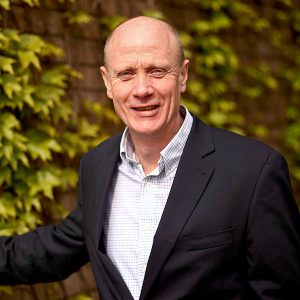Steering Committee
-
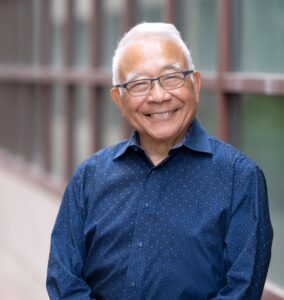
Keith Yamamoto
Dr. Keith R. Yamamoto is vice chancellor for science policy and strategy, director of precision medicine, and professor of cellular and molecular pharmacology at UCSF. After earning his PhD from Princeton University, Yamamoto joined the UCSF faculty in 1976. His research has focused on signaling and transcriptional regulation by nuclear receptors; he uses mechanistic and systems approaches to pursue these problems in pure molecules, cells and whole organisms. He has led or served on numerous national committees focused on public and scientific policy, public understanding and support of biological research, science education, and diversity, equity, inclusion and anti-racism; he currently chairs the Coalition for the Life Sciences, co-chairs the NASEM Roundtable on Aligning Incentives for Open Science, and sits on the Board of Directors of the Public Library of Science, the Board of Directors of Rapid Science, the Governing Board of the California Institute for Regenerative Medicine, the Board of Counselors for the Radiation Effects Research Foundation, and the Advisory Board for Lawrence Berkeley National Laboratory. He has chaired or served on many committees that oversee training and the biomedical workforce, research funding, and the process of peer review and the policies that govern it at NIH. He was elected to the National Academy of Sciences, the National Academy of Medicine, the American Academy of Arts and Sciences, and the American Academy of Microbiology, and is a fellow of the American Association for the Advancement of Science.
